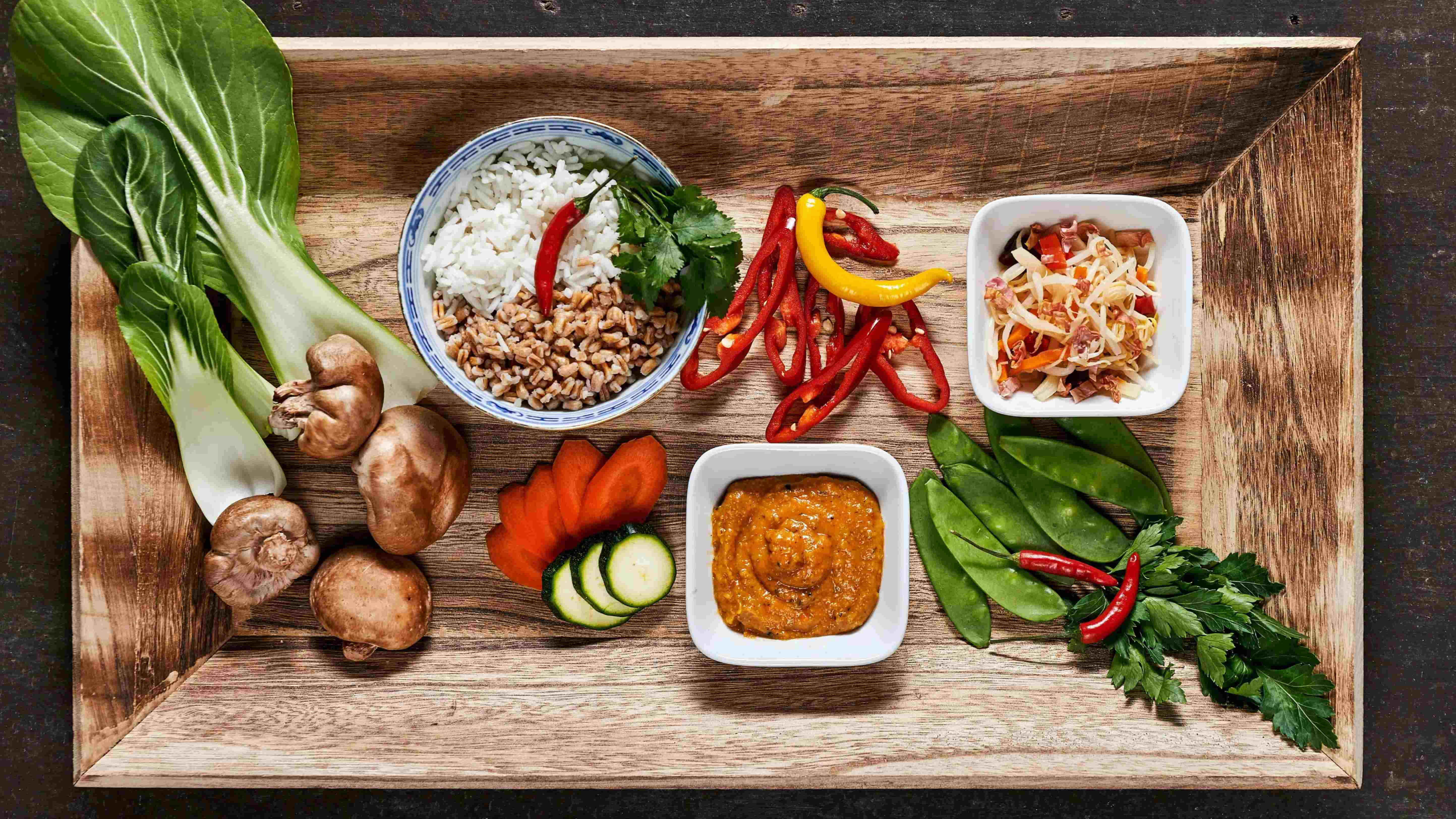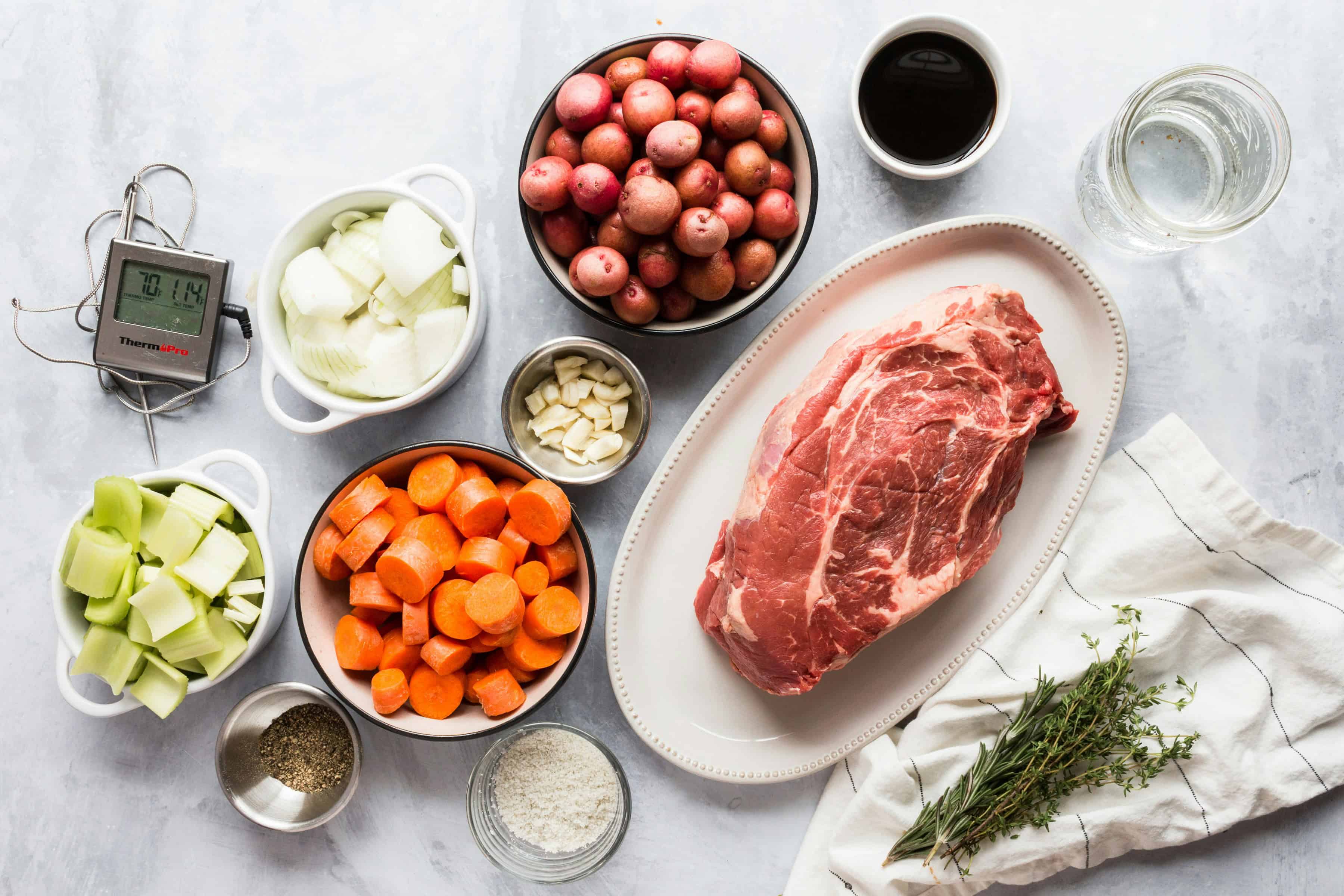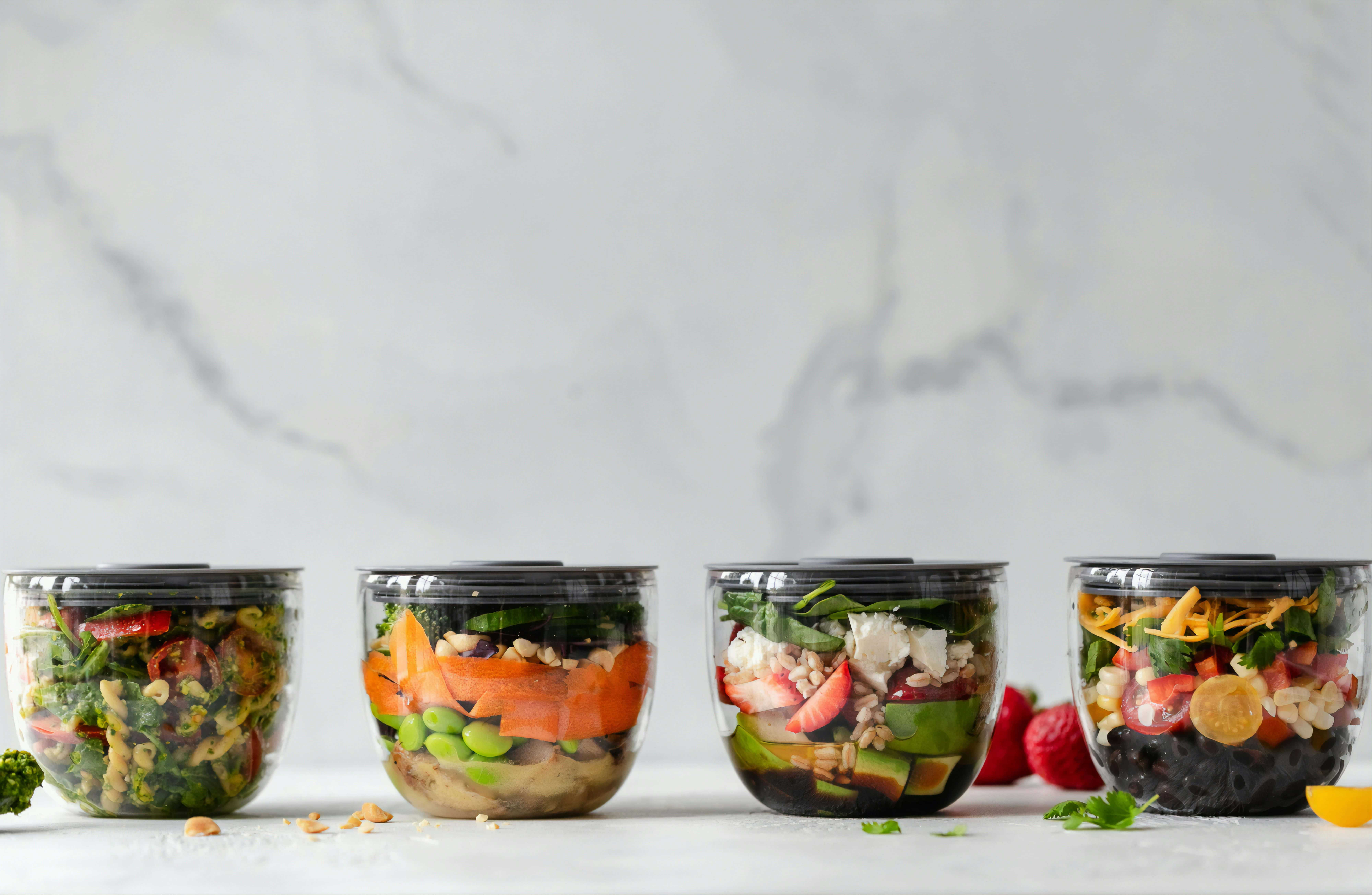Simple Nutrition Tips with No Counting Calories!

Many people start with the best intentions when tracking calories, but it can quickly turn stressful or unsustainable. In reality, most of your body’s needs can be met without logging every bite. What matters most is quality, consistency, and awareness, not numbers.
Research shows that focusing on nutrient dense foods and mindful eating leads to better long term outcomes for health, weight stability, and energy than strict calorie counting. Eating well should feel natural, not like a full time job.
In this post, we’ll explore easy nutrition tips that bypass the pressure of calorie counting. Whether you’re navigating perimenopause, burnout recovery, or simply want more energy and balance after 40, these simple strategies will help you eat well and feel better. From mindful meal planning to protein-first approaches, let’s make nutrition feel doable again.

1. Choose Real Foods
Highly processed foods are often high in sugar, salt, and additives that leave you feeling sluggish. Instead, aim for whole foods that come with minimal packaging, such as fresh vegetables, fruits, whole grains, lean proteins, and healthy fats. When your meals are mostly made from real ingredients (not processed packages), you naturally reduce excess sugar, additives, and empty calories without even trying.
This doesn’t mean you have to cook every meal from scratch or never eat out. It means prioritising food that fuels you. Adding veggies to lunch, choosing grilled over fried, or having fruit instead of dessert are small changes that compound over time.
2. Prioritise Protein at Each Meal
Protein plays a major role in maintaining muscle, regulating hormones, and helping you feel full for longer. For women over forty, prioritising protein is a game changer. It helps maintain muscle mass, supports hormone production, stabilises blood sugar, and keeps you fuller for longer, which naturally curbs overeating and cravings.
Good protein sources include eggs, fish, lean meats, tofu, legumes, lentils, and dairy products. Try starting each meal with a source of protein: eggs or Greek yoghurt for breakfast, chicken or tofu for lunch, lentils or fish at dinner. Snacks like nuts, boiled eggs or cottage cheese are quick wins. This isn’t about being perfect, it’s about building meals that satisfy and support your energy levels, especially during busy, stressful days
Balanced meals that combine protein, complex carbohydrates, and healthy fats will help you stay satisfied, avoid energy crashes, and reduce cravings for sugary foods later in the day.
3. Practice the 80/20 Rule
The goal of healthy eating is not perfection, it is consistency. The 80/20 rule encourages you to eat nutrient rich foods most of the time (80%) and enjoy flexibility for treats or social occasions the rest of the time (20%).
This approach helps you maintain balance without guilt or restriction. You might enjoy a glass of wine, dessert, or pizza with family occasionally, knowing that your overall pattern of eating supports your wellbeing.
When you remove guilt from eating, and the “all or nothing” mindset, it becomes easier to stay consistent and actually enjoy food again.

4. Slow Down and Eat Mindfully
Tune into your body’s hunger cues and ask yourself; Are you eating because you’re truly hungry, or because you’re tired, stressed or bored? Mindful eating means paying attention to hunger and fullness cues, slowing down, and truly tasting your food. Why are you eating? When are you eating? And how much time are you giving yourself to enjoy your food? Rushed meals can cause overeating and poor digestion.
Try these small habits:
- Sit down to eat without distractions
- Put your fork down between bites
- Notice how each food makes you feel afterward
Studies suggest that slowing your eating pace helps regulate appetite and improves digestion. This awareness naturally leads to better portion control without calorie tracking.

5. Plan Ahead for Simplicity
Healthy eating becomes much easier when you plan a little. You don’t need to prep every meal for the week, but small actions make a big difference.
Try choosing three go to dinners you can rotate, cook a few servings of protein ahead of time, prep some veggies ready to use, or keeping healthy snacks on hand.
When healthy choices are accessible, you are far less likely to reach for fast food or snacks that leave you feeling drained. Meal prepping doesn’t have to mean spending hours in the kitchen. Even batching breakfast smoothies or hard-boiling eggs on Sunday can set your week up for success.
Planning your grocery shop ahead, and prepping the food you buy will not only reduce your decision fatigue, (“Mum, What’s for Dinner?”, sound familiar?), but you will also reduce your waste and save more $$! Win Win!
6. Stay Hydrated and Keep it Simple
Even mild dehydration can cause fatigue, headaches, and food cravings. Aim to drink around one and a half to two litres of water daily, more if you are active or live in a hot climate.
Add lemon, cucumber, or mint for flavour if plain water feels boring. Put some mint leaves, berries, a slice of cucumber or a piece of citrus fruit in ice cube trays and freeze to pop in a glass of water for a summery lift. Limiting sugary drinks and replacing one coffee or soft drink a day with water can make a noticeable difference to energy and concentration.
7. Focus on How You Feel, Not Just How You Eat
Healthy eating is not just about food, it is about how food makes you feel. Notice what meals keep you energised, satisfied, and clear headed versus those that leave you tired or bloated.
When you shift from control to curiosity, you develop a natural awareness that guides your food choices. Over time, this builds a balanced, intuitive way of eating that feels easy and sustainable.

Bringing It All Together
You don’t need to track numbers or follow strict diets to eat well. Start with real food, eat mindfully, stay hydrated, and allow flexibility. These small, consistent actions improve not only your nutrition but also your relationship with food.
Healthy eating should support your life, not complicate it. When you focus on nourishment, balance, and enjoyment, the rest tends to fall into place naturally.
A Gentle Next Step
If you are looking for practical ways to support your wellbeing and build habits that last, start with one simple change this week, whether it is drinking more water, cooking at home once more often, or pausing to eat without distractions.
You will be surprised how small shifts can transform your energy and mood over time.
Further reading: Stop counting calories - Harvard Health